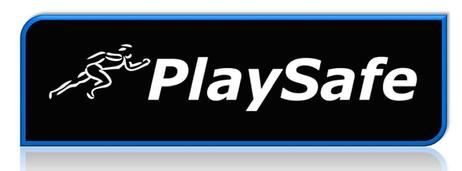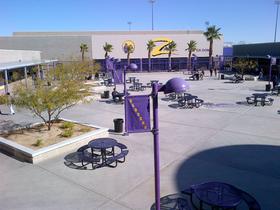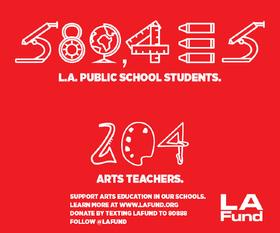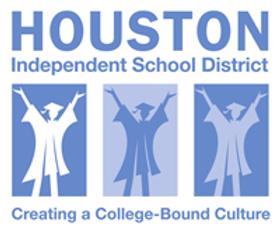College and professional sports teams have a medical staff to screen players and keep them healthy on and off-season. However, high school athletes rarely have the same services available to them. Many cannot afford medical care on their own, and family physicians may not have the time or knowledge to help these young athletes achieve their top performance level in the safest way possible. In San Francisco, one organization hopes to change that by providing high school students with the medical care they need to stay at the top of their game.
About PlaySafe
According to the UCSF Benioff Children’s Hospital website, PlaySafe is a program provided by the Sports Medicine Center at the University of California, San Francisco. The program is designed as an outreach serving student-athletes throughout the Bay area. The program was created in response to the death of a San Francisco Unified School District football player in 2002. PlaySafe strives to avoid similar tragedies in the future through comprehensive screenings and medical care both on and off the field.
Services provided by PlaySafe include:
- Education – Training for coaches, parents, and officials, periodic conferences and community outreach programs, and internships for students interested in careers in sports medicine
- Sports Medicine Care – Both on-site care and coverage of sports events, as well as training room development
- Medical Screenings – Physical examinations, cardiac screenings, and wrestling weight management programs
- Referrals – Access to the UCSF sports medicine referral network, priority admittance to the sports medicine clinic, and acute injury clinic access
The PlaySafe programs are staffed by professionals in the sports medicine industry and headed up by physicians involved in the UCSF sports medicine program. Certified athletic trainers are also on staff to work directly with student-athletes to help them perform at their highest possible level. Certified athletic trainers are also experienced in determining whether student-athletes are ready to compete and ensuring the safest possible experience for athletes on the field and court.
This video offers a look at sports medicine for high school students.
PlaySafe Screenings
One of the most popular components to the PlaySafe program is the free screenings that help student-athletes determine whether they are in good enough health to compete. According to an article at the UCSF website, these screenings give athletes and their parents peace of mind before they hit the field. The screenings offered through PlaySafe are some of the most comprehensive in the country, designed to detect underlying medial abnormalities previously undiagnosed.
Comprehensive cardiac screenings are at the center of the pre-participation physical examinations. This free service is supported by more than 100 volunteer physicians in the San Francisco area and UCSF staff members. The screenings allow student-athletes who could otherwise not afford a full cardiac screening to get a full examination of their hearts before the sports season.
The cardiac screening begins with a variety of stations, including a blood pressure check, physical examination, and eye exam. Student-athletes are also given a consultation with both a cardiologist and an orthopedist.
“We’re looking for evidence of heart disease and this could present in a lot of subtle forms,” Melvin Sheinman, MD, professor of medicine at the UCSF Cardiology Department, stated on the UCSF website. “So we look for inheritable heart diseases, problems that develop over time. We also look to see if there’s any evidence of congenital heart disease, or problems kids are born with, where these kids can get into trouble.”
The screening also includes an electrocardiogram, or EKG, which monitors electrical activity inside the heart. If the EKG comes back with an abnormal reading, physicians at PlaySafe are prepared to perform an echocardiogram – an ultrasound examination that provides a complete picture of the heart and the blood flow inside. The echocardiogram is typically used to diagnose a myriad of heart problems, ensuring students and parents get an answer quickly as to what might be wrong with the heart.
“Student-athletes and parents should take advantage of this service, especially if there is someone in their family who may have died suddenly under the age of 50,” Dr. Anthony Luke, director of PlaySafe, was reported stating in a separate article on the UCSF Benioff Children’s Hospital website. “However, some athletes with dangerous heart conditions have no symptoms and no known risk factors. This screening is something only regularly offered to professional athletes.
This video reports on the sports health screening program in the Vestavia Schools.
Sports Medicine Clinics
In addition to the free screenings provided through PlaySafe, the organization also offers on-site sports medicine care and coverage of sporting events. According to the Department of Orthopedic Surgery at UCSF, on-site care goes beyond acute injuries to rehabilitation, reconditioning, and even nutritional counseling. The program will also help school sports teams develop an emergency action plan and establish guidelines to ensure environmental safety.
Coverage of sporting events provides expert care at all types of events by certified athletic trainers. These professionals are present at all types of competitions, from football and soccer games to indoor events like volleyball and basketball. The team is prepared to care for student-athletes throughout the game or match to ensure safe and healthy competition for all.
Keeping student athletes safe is a high priority for high schools today, particularly in light of the recent deaths of some athletes and increasing concerns over concussion risk. Programs like PlaySafe help high school coaches, parents, and student-athletes stay safe and healthy throughout the training season and into the competitive arena.
Questions? Contact us on Facebook. @publicschoolreview















